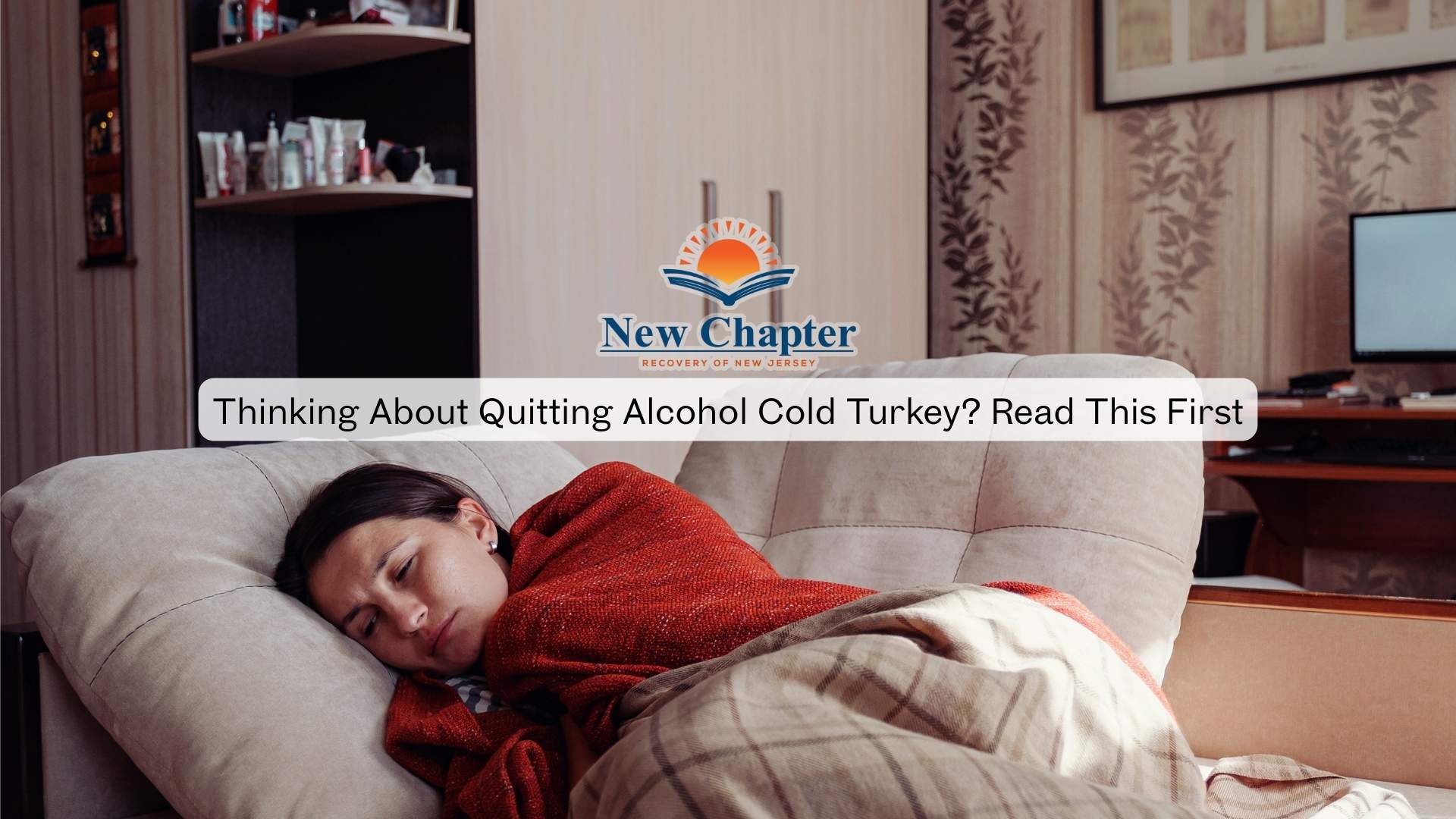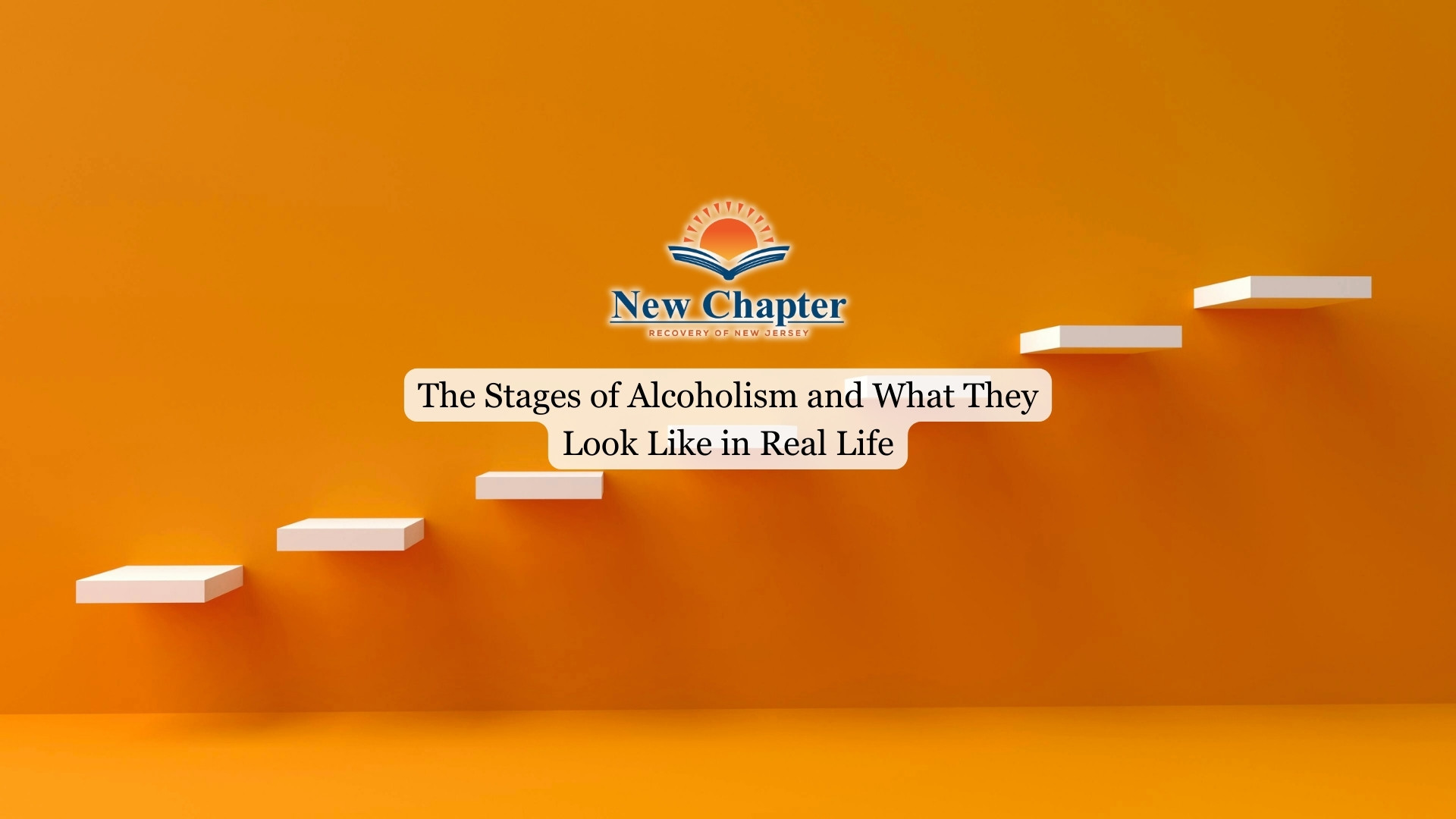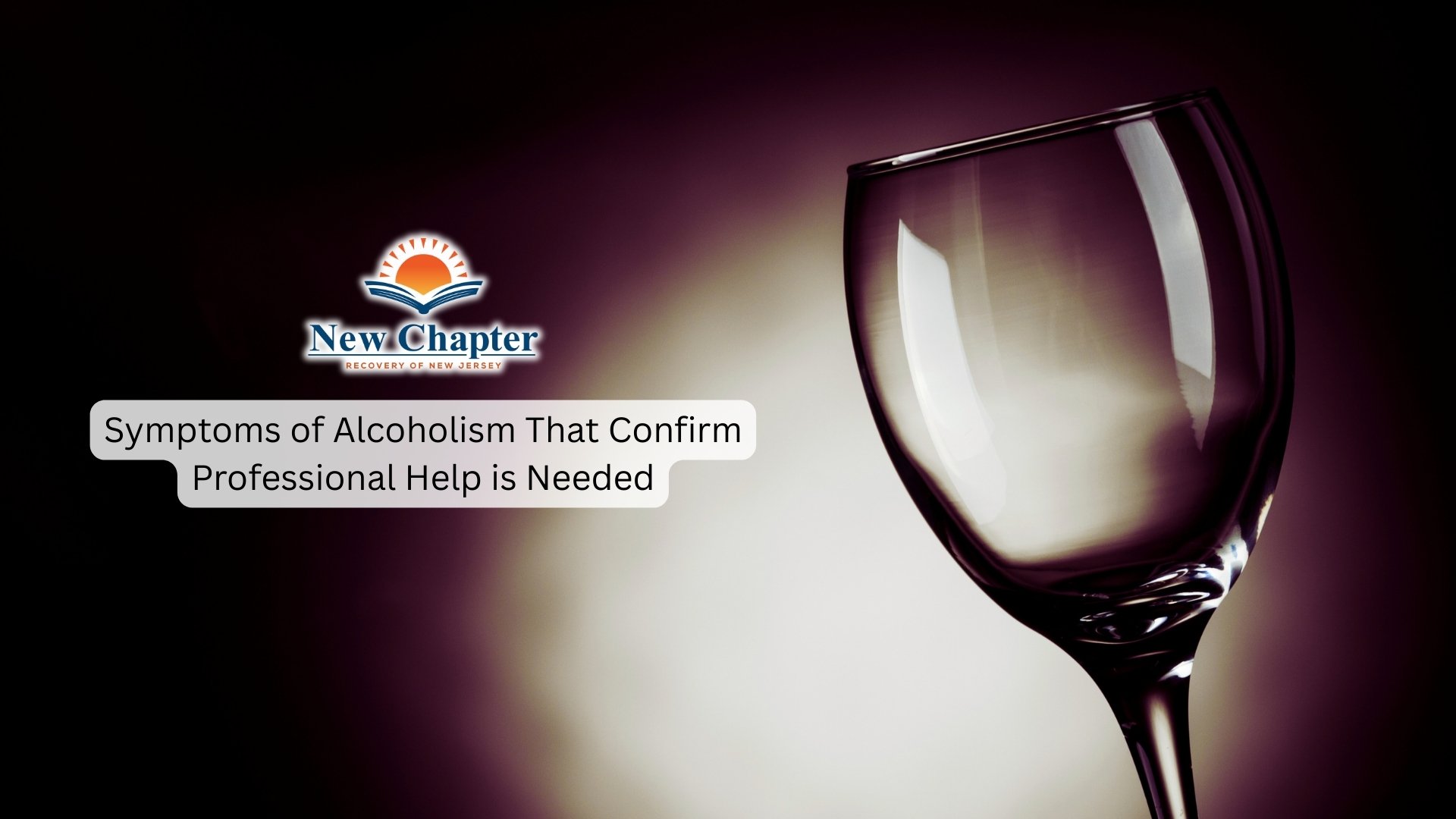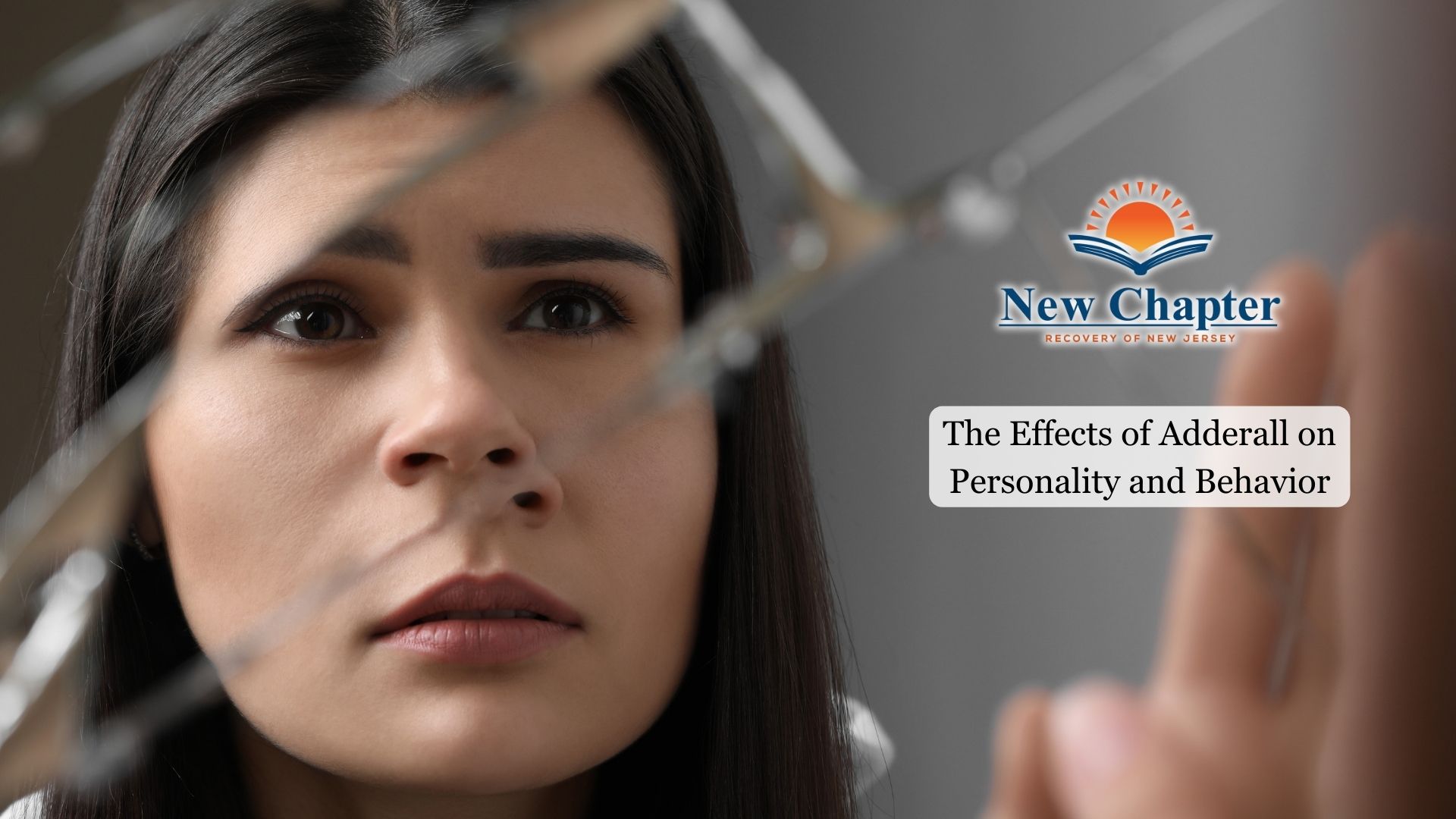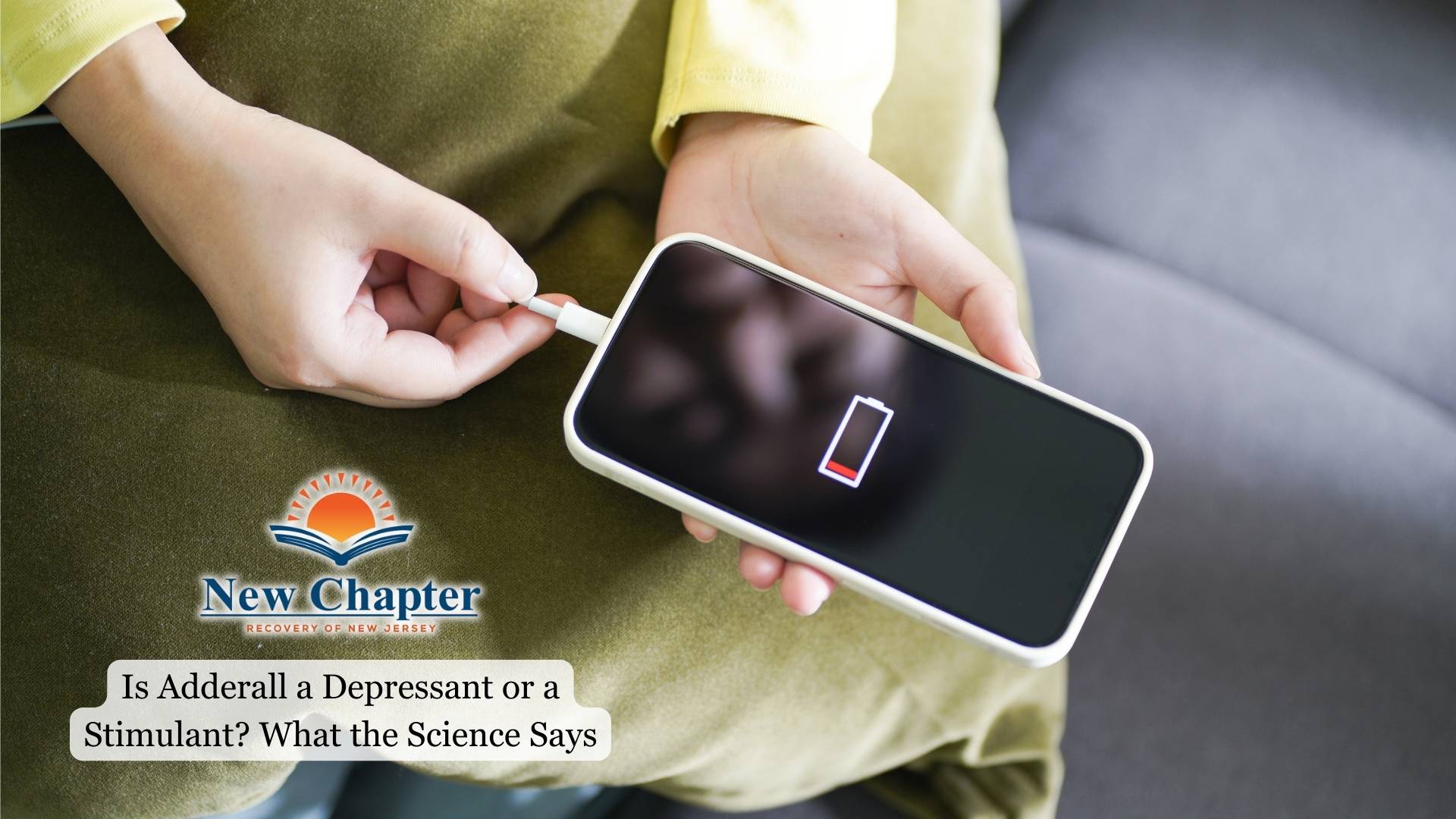The 12-step program is a widely recognized approach in addiction recovery, offering structured support to individuals facing challenges with substance use and addiction. These programs have been instrumental in helping millions worldwide achieve lasting recovery.
In this article, we will explore the different types of 12 step programs available. We’ll start by focusing on those aimed at helping individuals recover from substance abuse and addiction, before discussing behavioral addiction programs and support groups for families affected by addiction.

What are 12 Step Programs?
A 12 step program is a peer-led, structured approach to addiction treatment that focuses on self-awareness, spiritual growth, and mutual support. Initially created by Alcoholics Anonymous (AA) in the 1930s for individuals struggling with alcohol addiction, the model has since been adapted for a wide variety of substance use disorders and behavioral issues.
The twelve step model is based on principles such as admitting powerlessness over addiction, seeking help from a higher power, making amends, and helping others through the process. These principles are designed to facilitate addiction recovery while promoting spiritual growth and emotional healing.
The model is used in recovery programs worldwide, many of which include regular 12-step meetings that provide continuous support and accountability.
Substance Abuse-Focused
In faith-based addiction treatment, 12-step programs serve as more than just a structured path to sobriety, they offer spiritual grounding, peer connection, and a deeper sense of purpose. These programs are especially effective in helping individuals confront and heal from the grip of alcohol addiction, drug dependency, and other substance-related struggles. For those facing these challenges, you can learn how personalized rehab programs address alcohol and drug addiction through faith-based methods.
Here are the main 12-step groups tailored to these needs:
Alcoholics Anonymous (AA)
AA is the original twelve-step program, specifically designed for individuals battling alcohol addiction. Through regular 12-step meetings, participants work through the steps, offering peer support and a path to spiritual awakening as part of their recovery journey. The program emphasizes the importance of admitting powerlessness over alcohol and seeking a higher power to guide one’s recovery process.
Narcotics Anonymous (NA)
Similar to AA, Narcotics Anonymous is a 12-step group that focuses on the recovery of individuals with substance use disorders related to drugs other than alcohol. Whether it’s heroin, prescription medication, or cocaine, NA provides a supportive environment for individuals seeking to overcome addiction and achieve long-term recovery. The principles of peer support and making amends are key to the program’s success.
Cocaine Anonymous (CA)
This 12-step group specifically addresses those struggling with cocaine addiction. Like NA, CA uses the 12-step model to help individuals confront the power cocaine has over their lives. Members work through the steps to foster spiritual awakening and gain a sense of emotional control over their addiction.
Heroin Anonymous (HA)
Heroin Anonymous is specifically designed to help individuals recover from heroin addiction. With the structure of the 12-step program, members share their struggles and successes, helping one another through the steps of recovery to create a long-term recovery plan.
These addiction-focused programs all emphasize the use of peer support, spiritual awakening, and mutual support groups to help individuals recover from substance use disorders. The 12-step model has proven effective in guiding individuals toward a lasting recovery, creating an invaluable support system to assist people in overcoming addiction.
Al-Anon and Alateen
These programs are specifically designed to help the family members of individuals battling alcohol addiction. Al-Anon is for adults, while Al-Anon provides support for teens affected by a loved one’s drinking. These programs offer guidance for family members to understand the impact of alcohol addiction and heal their emotional wounds through the 12-step model.
Behavioral Addiction Groups and Programs for Families
While most 12-step programs focus on substance abuse, there are also those designed to address behavioral addictions and support family members affected by addiction. These programs apply the same 12-step principles but cater to different types of challenges.
Gamblers Anonymous (GA)
Although focused on a non-substance addiction, Gamblers Anonymous applies the 12-step model to help individuals overcome gambling addiction. The program uses the principles of mutual support and shared experiences to help members face their addiction and develop healthier relationships with money and risk.
Overeaters Anonymous (OA)
OA is designed for individuals struggling with food-related addiction. This program focuses on helping individuals develop a healthier relationship with food, providing emotional support and spiritual guidance through the 12-step model. It supports those dealing with overeating, bulimia, and other food-related behaviors.

Sex Addicts Anonymous (SAA)
For individuals struggling with sex addiction, SAA applies the 12-step model to help members confront compulsive sexual behaviors. It emphasizes the importance of making amends for past behaviors and rebuilding relationships through spiritual growth and mutual support.
Codependents Anonymous (CoDA)
CoDA is a 12-step program for individuals dealing with codependency, where the addiction is not substance-based but involves unhealthy patterns in relationships. Members of CoDA work through the 12 steps to achieve emotional independence, enhance self-esteem, and foster healthier interpersonal dynamics.
How Do 12-Step Programs Help in Addiction Treatment?
12-step programs are not just about attending meetings, they play a central role in addiction treatment by offering a structured approach to healing. These programs guide individuals through each of the 12 steps, which include vital components such as admitting powerlessness, making amends, and engaging in prayer and meditation to improve their conscious contact with a higher power.
The 12-step model provides a roadmap for addiction recovery, helping individuals heal physically, emotionally, and spiritually. It also encourages members to become actively involved in helping others, thus reinforcing the 12-step principles of service and accountability.
The Benefits of 12-Step Programs
There are many benefits of 12-step programs, including:
- Cost-effectiveness: Most 12-step programs are free or low-cost, making them accessible to a wide range of individuals seeking help for addiction.
- Accessibility: These programs are available in most communities, often with daily or weekly meetings that offer flexible attendance options.
- Long-term support: 12-step programs provide a lifelong support system for individuals in addiction recovery, helping them stay accountable and connected with others in recovery.
Final Thoughts from New Chapter Recovery
At New Chapter Recovery, we recognize the significance of 12-step programs in assisting individuals in overcoming addiction. By combining evidence-based therapies with the foundational principles of the 12 steps, we offer a personalized, holistic approach to addiction recovery. Our team of dedicated professionals is committed to supporting clients through every step of their journey, helping them find spiritual freedom and build lasting recovery. At New Chapter, we treat everyone like family, ensuring they feel empowered on their path to sobriety.


